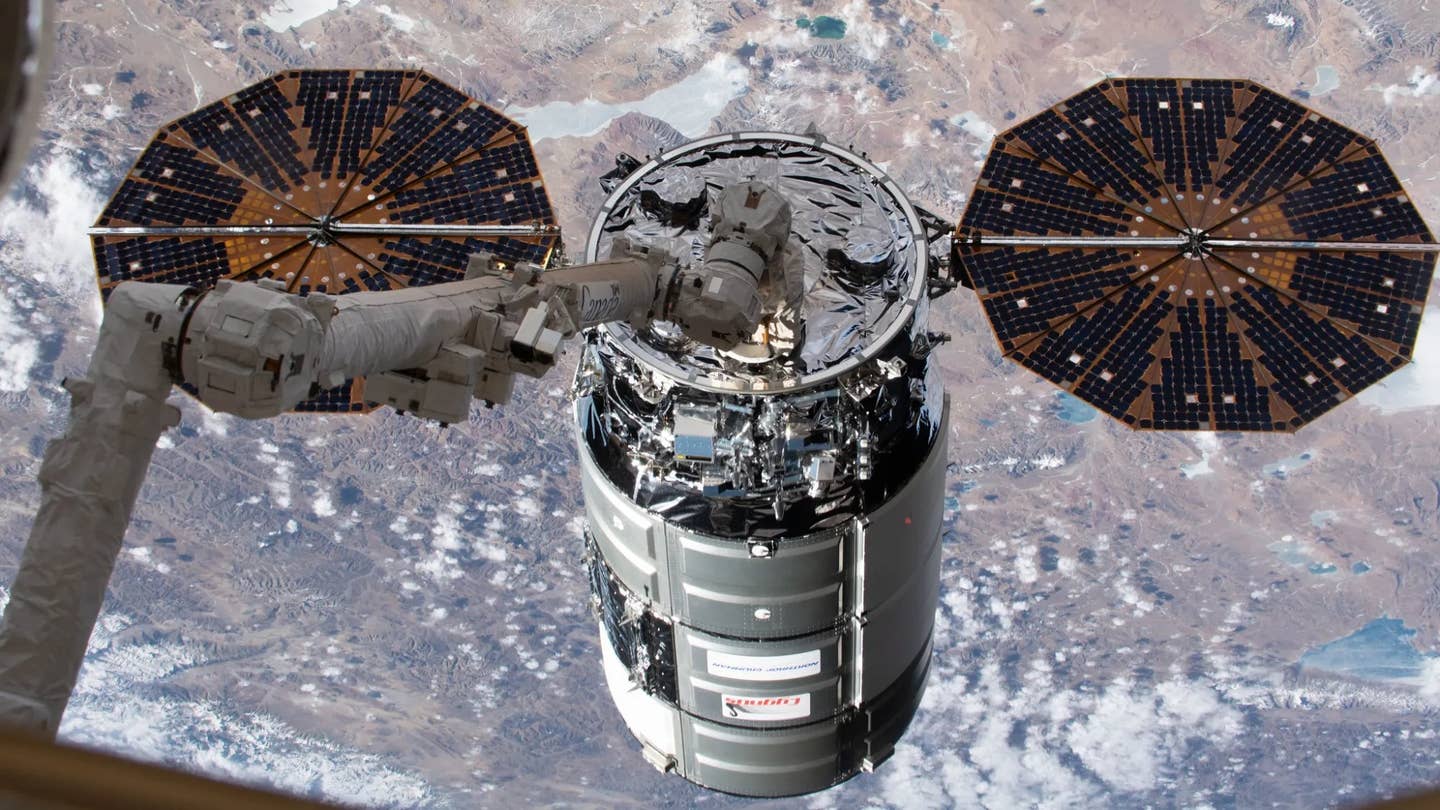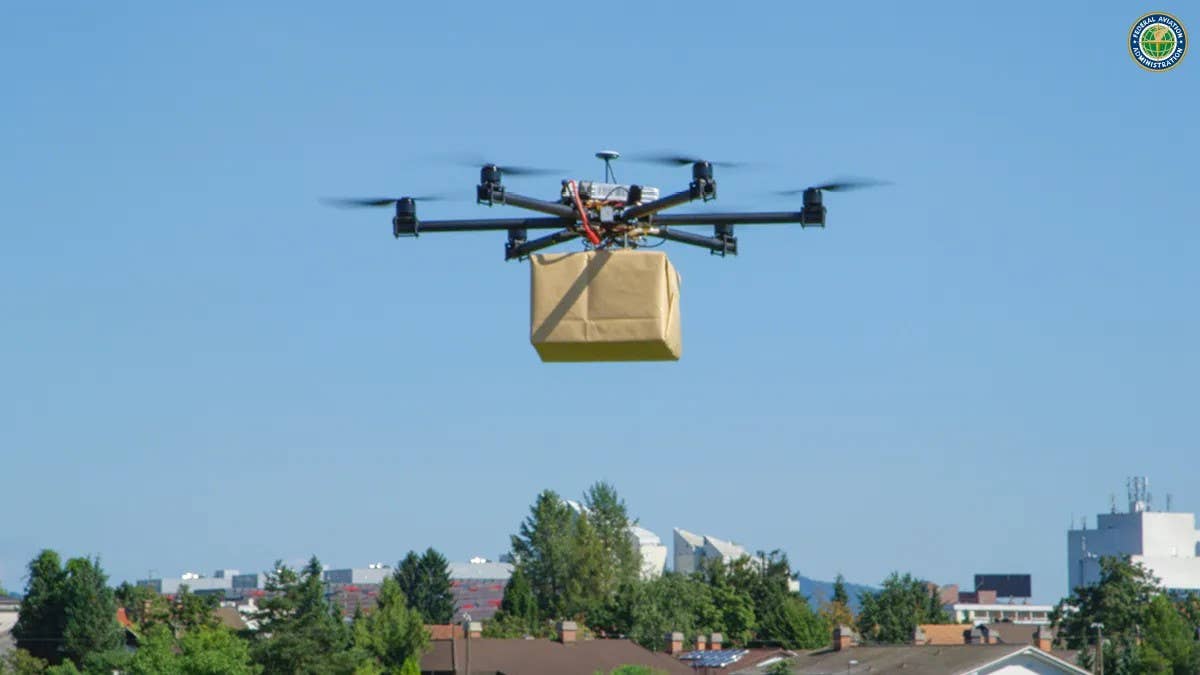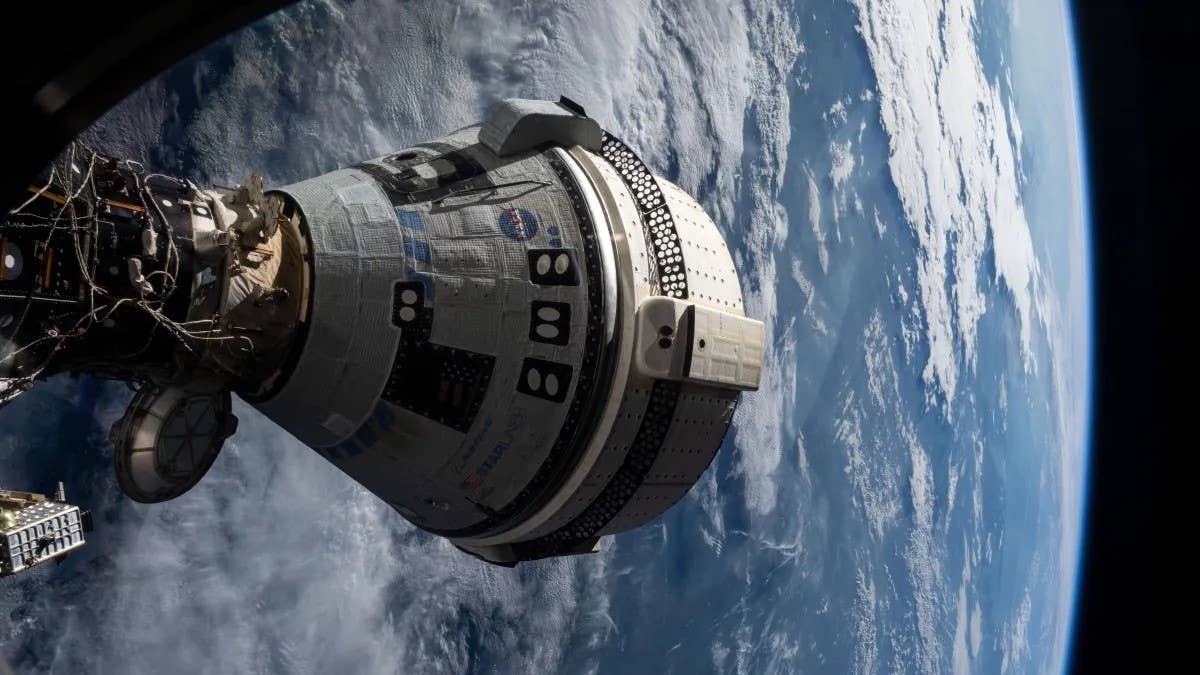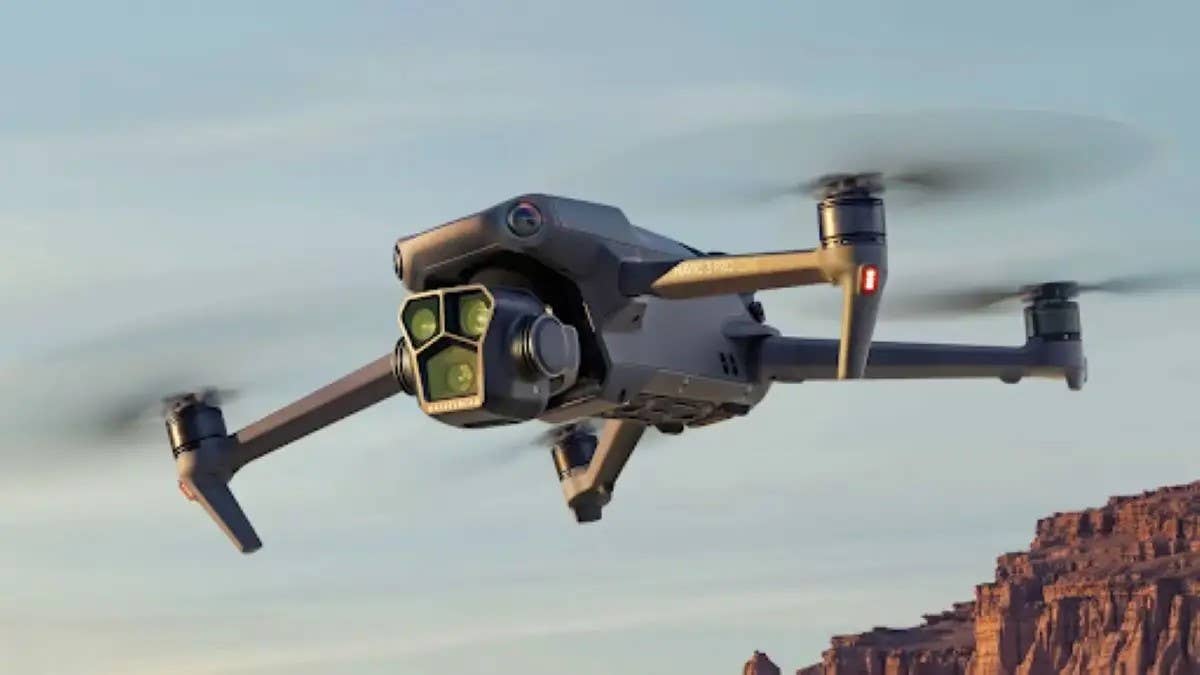Embraer, Eve Air Mobility Announce First eVTOL Production Plant
The aerospace giant and its urban air mobility subsidiary are set to break ground on a new Brazilian facility near São Paulo.
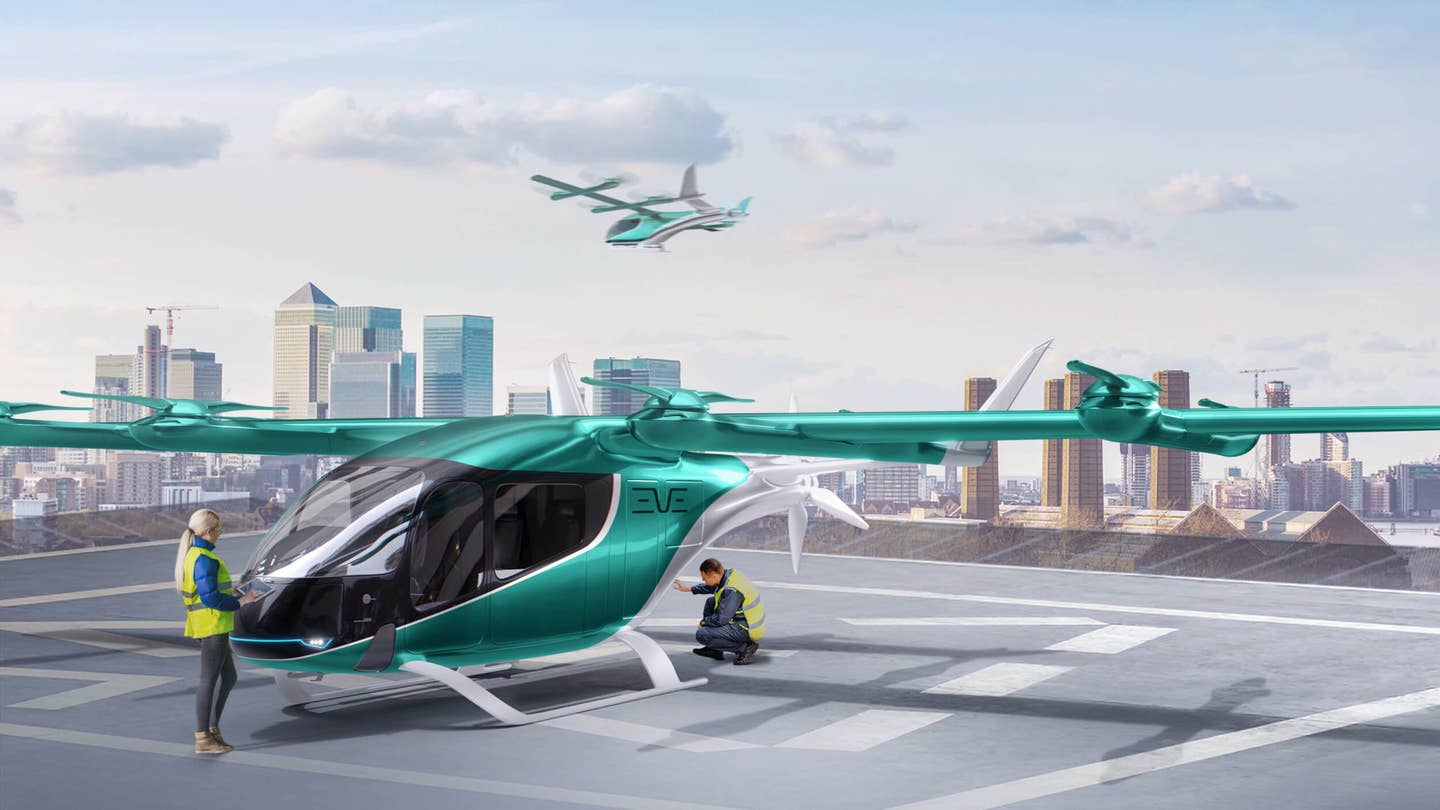
A digital rendering of Eve’s five-seater eVTOL, expected to have a range of 60 sm (52 nm). [Courtesy: Eve Air Mobility]
Companies such as Joby Aviation, Archer Aviation, and Lilium are steadily progressing toward full-scale manufacturing of their electric vertical takeoff and landing (eVTOL) aircraft. But at the same time their lesser-known rival is making inroads in Brazil.
Eve Air Mobility, the urban air mobility (UAM) subsidiary of aerospace titan Embraer, last week announced the site of its first eVTOL production facility. Located in the Brazilian city of Taubaté near São Paulo, the manufacturing plant will be built on a parcel of land already owned by Embraer, pending a signoff from local authorities.
“When we began our search for a manufacturing location to build our eVTOL, we wanted to reimagine how the aircraft could be built using the latest technology and manufacturing processes, coupled with other aspects such as supply chain and logistics,” said Andre Stein, co-CEO of Eve. “The team was tasked with the opportunity to design an optimized assembly line that prioritizes safety, quality, efficiency, productivity, and sustainability.”
The announcement follows Eve’s May 2022 partnership with Porsche Consulting to develop an eVTOL global manufacturing, supply chain, and logistics macro strategy. Since then, the companies have collaborated on research of advanced manufacturing and innovation concepts. They’ve also worked on a concept of industrialization for eVTOL, with safety at the forefront.
“This decision is aligned with our growth strategy plan, which is driven by innovation and sustainability,” said Francisco Gomes Neto, president and CEO of Embraer. “We believe in the enormous potential of the global UAM market, and we reinforce our commitment to Eve as one of the major players in this industry.”
Eve was born in 2017 as a project of EmbraerX, a market accelerator within the aviation giant. In 2019, Embraer would unveil its first eVTOL concept, and Eve would become the accelerator’s inaugural graduate the following year.
The company’s 100 percent electric aircraft is expected to have a 60 sm (52 nm) range, powered by eight vertical lift rotors and fixed wings for cruise flight. Unlike Joby or Archer’s designs, the rotors do not change position during flight.
Eve claims its design will deliver a 90 percent lower noise footprint than equivalent helicopters. It also promises to reduce carbon dioxide emissions by as much as 90 percent compared to cars.
At launch, the aircraft will carry four passengers and be flown by a pilot. But in the future Eve plans to switch to autonomous flight, which would expand capacity to six passengers.
Eve is developing more than just an eVTOL. The company is also building an urban air traffic management (ATM) system and plans to offer services such as maintenance and training along with operational solutions such as flight operations manuals and network integration.
As of June, Eve had an order backlog of 2,770 aircraft, one of the largest among eVTOL manufacturers. It has plans to offer UAM services on six different continents, with agreements to fly in Brazil, Latin America, France, Scandinavia, India, Kenya, Dubai, Australia, and the Asia-Pacific region.
The company also has an agreement to launch operations in San Francisco with United Airlines, which is a key investor. And in partnership with Blade Air Mobility, it expects to add services in southern Florida in the coming years.
Eve completed its first urban ATM prototype—which will support the integrated operation of UAM aircraft in low-level airspace—in May. It signed a letter of intent to launch initial urban ATM services with Halo Aviation and has agreements with Ferrovial Vertiports, Bluenest, and Skyway Technologies to explore integrations with the system. Another partnership with Volatus Infrastructure will support vertiport automation.
Beyond those collaborations, Eve also named a trio of eVTOL suppliers in May. Nidec Aerospace LLC will provide electric propulsion, BAE Systems will supply energy storage, and DUC Hélice Propellers will deliver rotors and propellers.
With all of these moving pieces, Eve expects to begin assembly of its first full-scale eVTOL prototype—a milestone just reached by Joby and Archer—before the end of the year. If that goes according to plan, the company will begin a test campaign in 2024 followed by entry into service in 2026.

Subscribe to Our Newsletter
Get the latest FLYING stories delivered directly to your inbox

